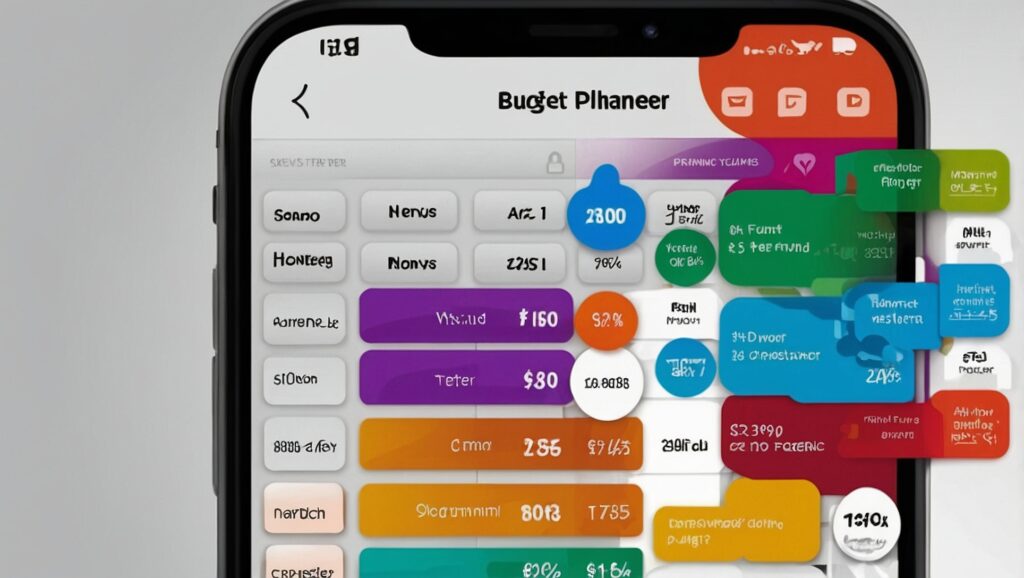As a college student, managing your finances can be a challenging task. From tuition fees to everyday expenses, it’s essential have a solid financial plan in place. In this article we will discuss the essential financial tips that every college student should follow in 2024 to ensure financial success.

1. Create a Budget
Creating a budget is the foundation of financial stability. Start by tracking your income and expenses to understand where your money is going. Set limits for different categories like groceries, entertainment, and transportation to avoid overspending.

Example:
- Use apps like Mint or YNAB to track your expenses.
- Allocate a portion of your income to savings each month.
2. Take Advantage of Student Discounts

Many companies offer discounts to students, from software subscriptions to clothing stores. Always ask if a student discount is available before making a purchase to save money.
Example:
- Always carry your student ID to avail of discounts.
- Check online websites like Student Beans for exclusive deals.
3. Avoid Credit Card Debt

Credit cards can be convenient, but they can also lead to debt if not used responsibly. Pay your credit card bills on time to avoid interest charges and only use your credit card for essential purchases.
Example:
- Set up automatic payments to ensure timely bill payments.
- Avoid maxing out your credit card to maintain a healthy credit score.
4. Cook Meals at Home

Eating out can quickly drain your budget. Consider cooking meals at home to save money and eat healthier. Plan your meals in advance and buy groceries in bulk to reduce food expenses.
Example:
- Look for easy and budget-friendly recipes online.
- Meal prep for the week to save time and money.
5. Apply for Scholarships and Grants

Don’t underestimate the power of scholarships and grants in reducing your college expenses. Research and apply for scholarships relevant to your field of study to lessen the financial burden.
Example:
- Check with your college’s financial aid office for scholarship opportunities.
- Search online databases like Fastweb for scholarship options.
6. Build an Emergency Fund

Unexpected expenses can arise at any time. Start building an emergency fund to cover unforeseen costs like medical emergencies or car repairs. Aim to save at least three to six months’ worth of expenses.
Example:
- Set up a separate savings account for your emergency fund.
- Contribute a small amount to your fund every month.
7. Utilize Public Transportation or Carpools

Transportation costs can add up quickly. Consider using public transportation or carpooling with friends to save money on gas and parking fees. Look for student discounts on public transportation passes.
Example:
- Check if your college offers a free shuttle service.
- Use ride-sharing apps to split costs with classmates.
8. Limit Impulse Buys

Avoid impulse purchases by creating a wishlist and waiting 24 hours before making a purchase. This will help you differentiate between wants and needs and prevent unnecessary spending.
Example:
- Unsubscribe from promotional emails to reduce temptation.
- Ask yourself if the purchase aligns with your financial goals.
9. Take Advantage of Part-Time Opportunities

Consider taking up part-time jobs or freelancing gigs to earn extra income. Look for opportunities on campus or online that allow flexibility with your class schedule.
Example:
- Offer tutoring services for subjects you excel in.
- Look for paid internships related to your field of study.
10. Plan for the Future

It’s never too early to start planning for your financial future. Consider opening a retirement account or investing in stocks to build long-term wealth. Seek advice from a financial advisor to make informed decisions.
Example:
- Research different investment options like Roth IRAs or index funds.
- Attend financial literacy workshops offered by your college.
“Financial freedom is within reach for college students who prioritize smart money management and long-term financial planning.”
By following these 10 essential financial tips, college students can set themselves up for a successful financial future in 2024 and beyond. Remember to create a budget, take advantage of student discounts, avoid credit card debt, cook meals at home, apply for scholarships, build an emergency fund, utilize public transportation, limit impulse buys, take advantage of part-time opportunities, and plan for the future. With careful planning and discipline, you can achieve financial stability during your college years and beyond.





